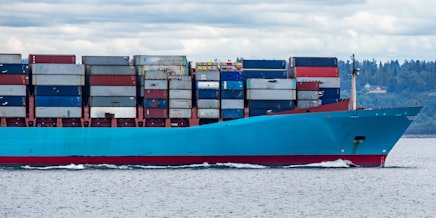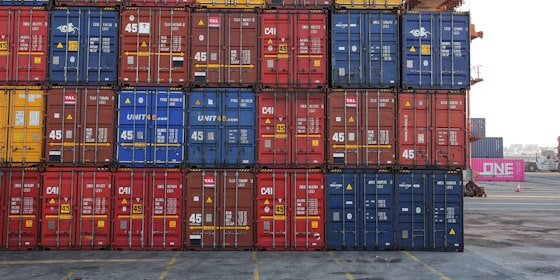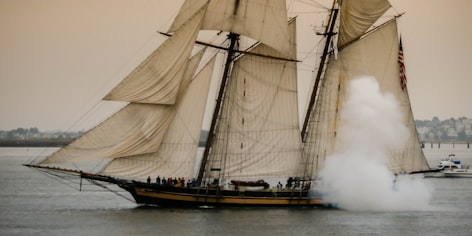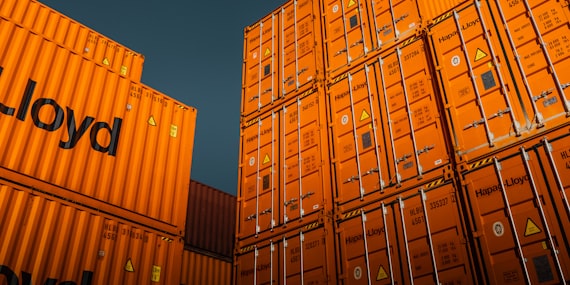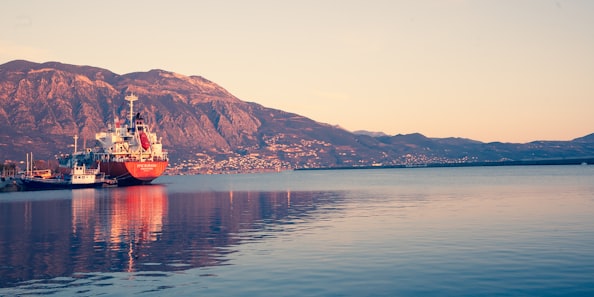
The Swedish Club informs about a controllable pitch propeller (CPP) failure caused heavy contact with lock gate. Namely, a vessel was waiting to proceed through a lock to another berth. The OOW had not checked the CPP as the vessel was alongside for twelve hours. He was also stressed to prepare everything for departure in a short time.
The incident
A vessel was berthed alongside a quay, awaiting to proceed through a lock to another berth. The pilot called on the radio and asked the Master if it...
https://safety4sea.com/conducting-necessary-checks-crucial-to-prevent-accidents/
